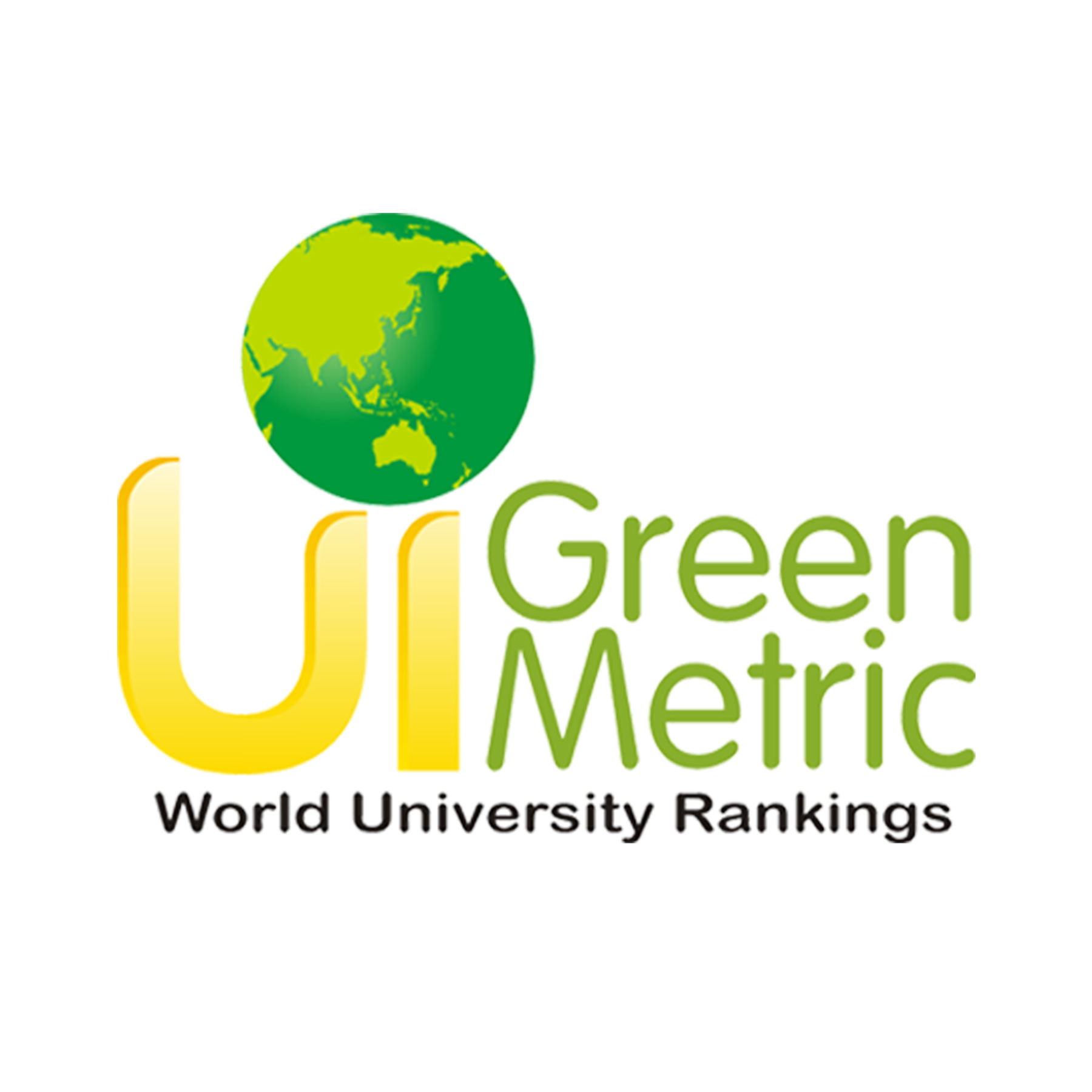Corvinus keeps on the green path, soaring 275 places in the UI GreenMetric world ranking!

Corvinus University has been ranked 475th in the 2024 UI GreenMetric ranking, published on December 12. This marks an impressive leap of 275 places compared to last year, despite the number of ranked institutions increasing significantly from 1,183 to 1,477 across 95 countries.
This result highlights Corvinus University’s extraordinary journey. In 2021, it was placed in the bottom 10% of ranked institutions at 869th. However, this year’s outstanding achievement now positions Corvinus among the top 33%, showcasing its commitment to progress and sustainability. In 2022, Corvinus similarly improved by almost 300 places, earning the title of the most sustainably improved university.
The UI GreenMetric evaluates universities’ sustainability performance across six categories: Setting and Infrastructure (15%), Energy and Climate Change (21%), Waste Management (18%), Water Management (10%), Transportation (18%), and Education and Research (18%).
From Hungary, a total of 13 universities made it to the ranking, with Corvinus achieving 8th place this year.
This Year’s Major Advancements in Five Points
-
The Gellért Campus – The Country’s Most Sustainable Higher Education Building
The Gellért Campus, home to the country’s most sustainable higher education building, opened in February 2024. The new building won the Green Investment of the Year award at the Sustainable World Conference, achieved Gold certification in LEED, the world’s leading green building rating system, and was named Green Building of the Year in the vertical construction category by the Hungarian construction industry association ÉVOSZ.
In addition to reducing energy demand, the campus operates a solar power plant with nearly 400 solar panels and features 86 geothermal and air-to-water heat pumps for heating and cooling. A water-efficient irrigation system and resource-saving water fixtures save thousands of cubic meters of drinking water annually. From the 4,000 tons of waste generated during construction, 100% of demolition waste and 82% of construction waste were selectively collected. The transportation infrastructure design significantly reduced parking spaces while promoting alternative transportation, including facilities for 170 bicycles. The 1.1-hectare park features low-water-demand plants and two biodiverse green roofs.
-
Expanding Existing Best Practices
Beyond the new campus, identifying and expanding existing best practices has been a key advancement. Numerous sustainability-related initiatives in education, research, and operations launched in recent years by the university community have been given greater publicity. More than 80 sustainability-related events were organized by our students and colleagues.
-
International Collaborations and Recognitions
We participated in international collaborations and received several awards. Corvinus hosted the annual meeting of the PRME network, a UN-supported sustainability initiative, where Corvinus colleagues were elected to leadership positions. A sustainability course at Corvinus, which incorporates community-engagement pedagogical innovations through the Corvinus Science Shop, won a UN educational award and appeared at the QS Reimagine Education Awards shortlist. In the fall, world-renowned environmental scientist Paul Shrivastava delivered a lecture emphasizing the need for ecologically sound, well-being-oriented business models.
-
New Sustainability Courses with National and International Collaboration
We launched new sustainability courses through national and international partnerships. Corvinus contributed to the development of the Introduction to Sustainable Development Goals (SDGs) online course, jointly created by 12 universities. Additionally, the University of Helsinki’s Sustainable.now course was conducted with the involvement of Corvinus faculty and students in the autumn semester. It was introduced several new ESG-focused sustainability programs and was organized a monthly thematic series featuring actions and awareness-raising articles. September’s theme was sustainable mobility, October focused on green food systems, November highlighted waste reduction, and December promoted mindful celebrations.
-
Identifying Gaps and Launching Pilot Projects
We also assessed areas where significant improvements are needed and launched new pilot projects. A composting project began in two residential colleges to address organic waste management, where students participated in composting master training and initiated indoor composting with the support of community partners. A research project is also underway on this initiative. Staff members collectively planted greenery using eco-friendly compost instead of traditional soil. Additionally, ecological courses on biodiversity awareness were launched in the Gellért Campus garden, aiming to further develop the garden with student involvement, following regenerative principles.